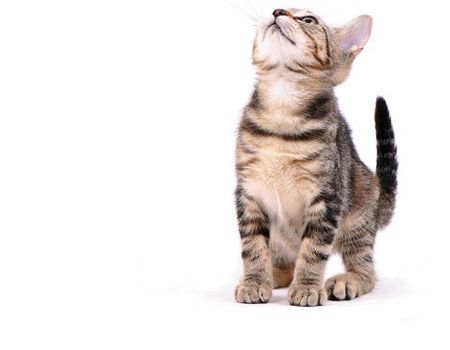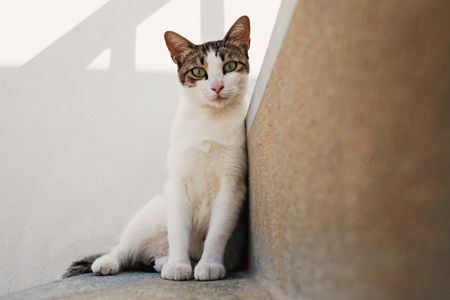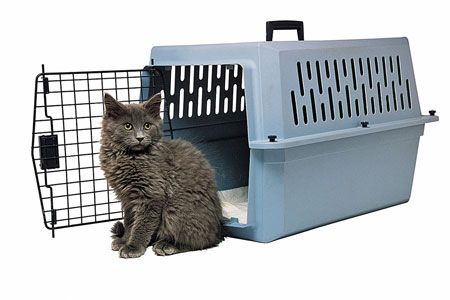Sample scripts: How to respond to cat owners who resist veterinary care
Consider the common phrases cat owners utter when you suggest routine veterinary care for their cats. Then use these scripts to improve compliance.
Next >
Learn how to respond when cat owners resist your recommendations for regular veterinary visits. On the next few pages, you’ll find some of the common reasons cat owners give for not taking their pet to the veterinarian. Use these sample scripts to overcome their resistance.

Photos courtesy of Getty Images
“My cat doesn’t need a check up because he doesn’t act sick.”
YOU SAY: Looking as normal as possible is an important way to stay safe when you’re a cat. They haven’t been living the protected life of the house cat for very long. And all survival behaviors that were necessary to keep them safe when they were on their own are still in place when they live with us.
Your kitty is skilled at hiding any clues she’s feeling bad or stressed. The most important point of a check up is to help your cat stay feeling as good as possible, especially by looking for clues about sources of illness and pain.
We often find red flags with conditions such as dental disease or ongoing tummy trouble. The physical exam and questions about home life at your cat’s check up is a time for us try to look for those footprints that tell us how your cat really is—and if they are hiding anything. Each stage of a cat’s life has a certain set of common problems that could crop up. Finding things early can really help treat and manage them—or better yet, head them off entirely.

“My cat gets so upset going to the veterinarian. I don’t want to put her through any stress.”
YOU SAY: Let’s talk about how veterinary visits have gone in the past and see if we can find a way to make a visit less stressful for both of you. We know that cats are stressed because it can be scary for them. We’ve learned a lot in the past few years about how to make the visit much less stressful. Using the right kind of carrier, the right kind of handling and the right attitude, we can enjoy more pleasant visits for our cats. Tell me about your previous experiences so we can come up with a better plan for you.

“My cat doesn’t need a checkup because he never goes outside.”
YOU SAY: Dental disease, chronic gastrointestinal disorders, arthritis and aging changes don’t care if a cat is inside or out. They still come into our cats’ lives.
Parasites come inside too. Even though a cat stays inside, the outside can come in. Flea eggs can hitchhike inside on our clothes, mosquitoes can sneak in to transmit heartworm and potting soil and houseflies can carry roundworm eggs. There’s lots of opportunity for cats to be exposed to these creatures.
Regular checkups for your cat are also important to help your cat keep a healthy weight and alert you to troubling behaviors. So as much as we want to think that our homes are havens against illness and disease, the reality is that we need to help our cats stay feeling as good as possible with regular check ups that look for red flags and help you manage problems.
Then offer the form, “Parasite prevention for Indoor-only Cats,” to extend your education.

“My older cat doesn’t need a check up. We had a cat that lived to be 20 that never went to the vet and it was fine.”
YOU SAY: We hear that a lot. The reality is that they were no more likely to be fine than a 90-year-old person who never went to the doctor. And conditions like bad teeth and arthritis may cause a great deal of suffering.
Cats in pain often just sit still. If you didn’t know any better, you might think they were fine. You might also say they were just slowing down. When we slow down in old age, it’s rarely because we simply want a more leisurely pace. It’s usually because of feeling bad or pain. It’s the same with our pets. And if we get a chance to check them over, we can often find where a problem lies and offer management solutions to provide some relief. When our senior cats are comfortable, they are often more active. We can help your cat avoid suffering in silence.
